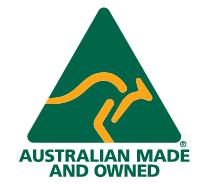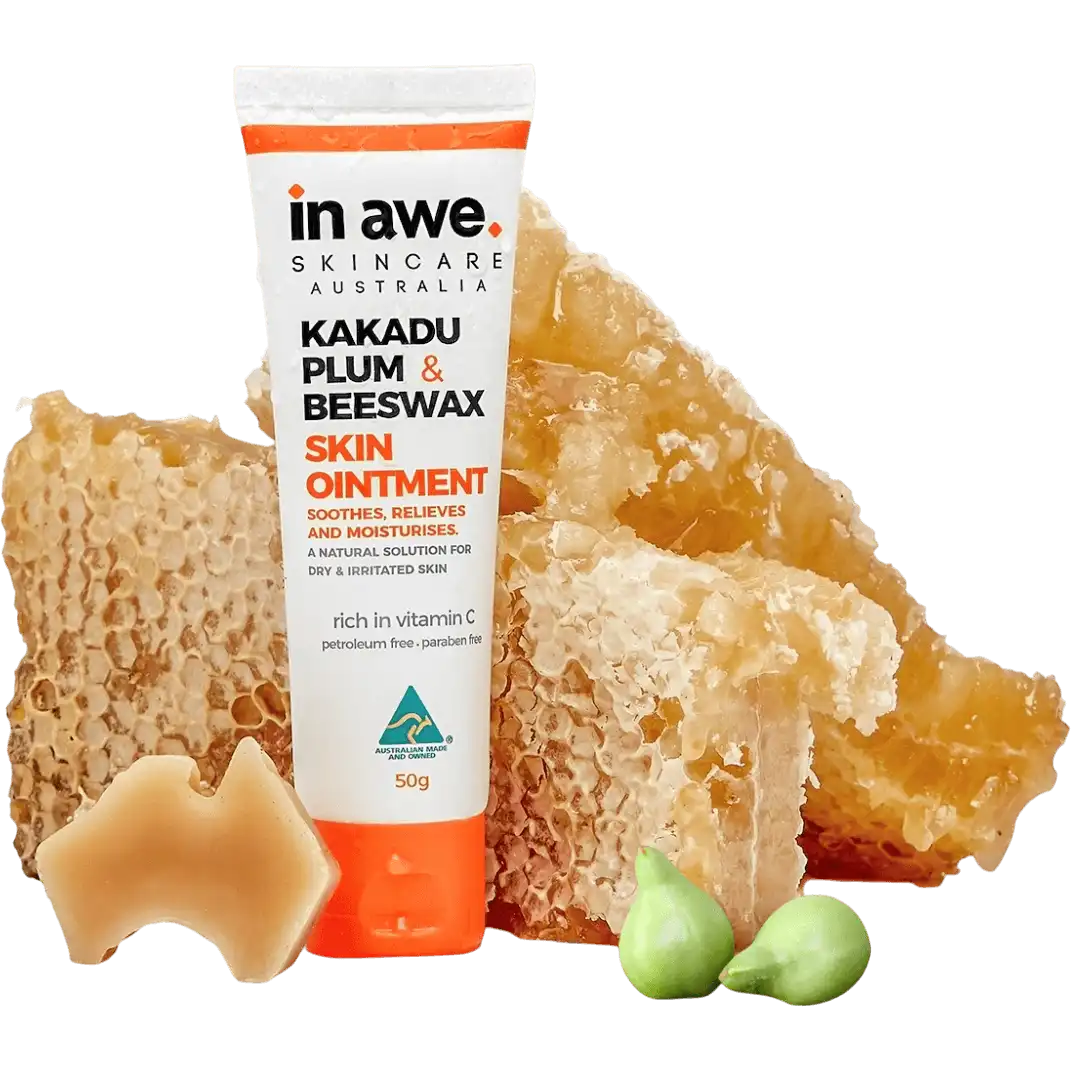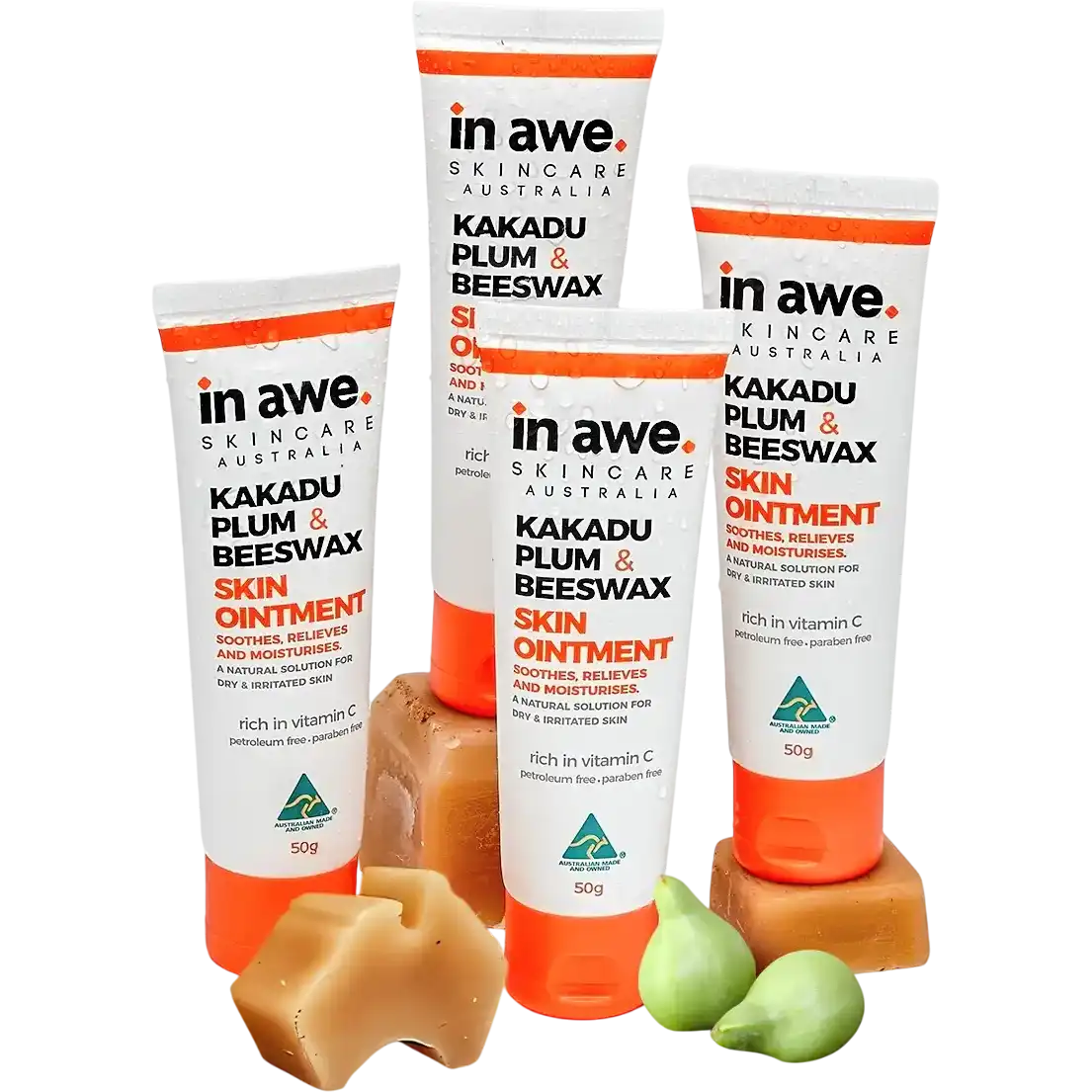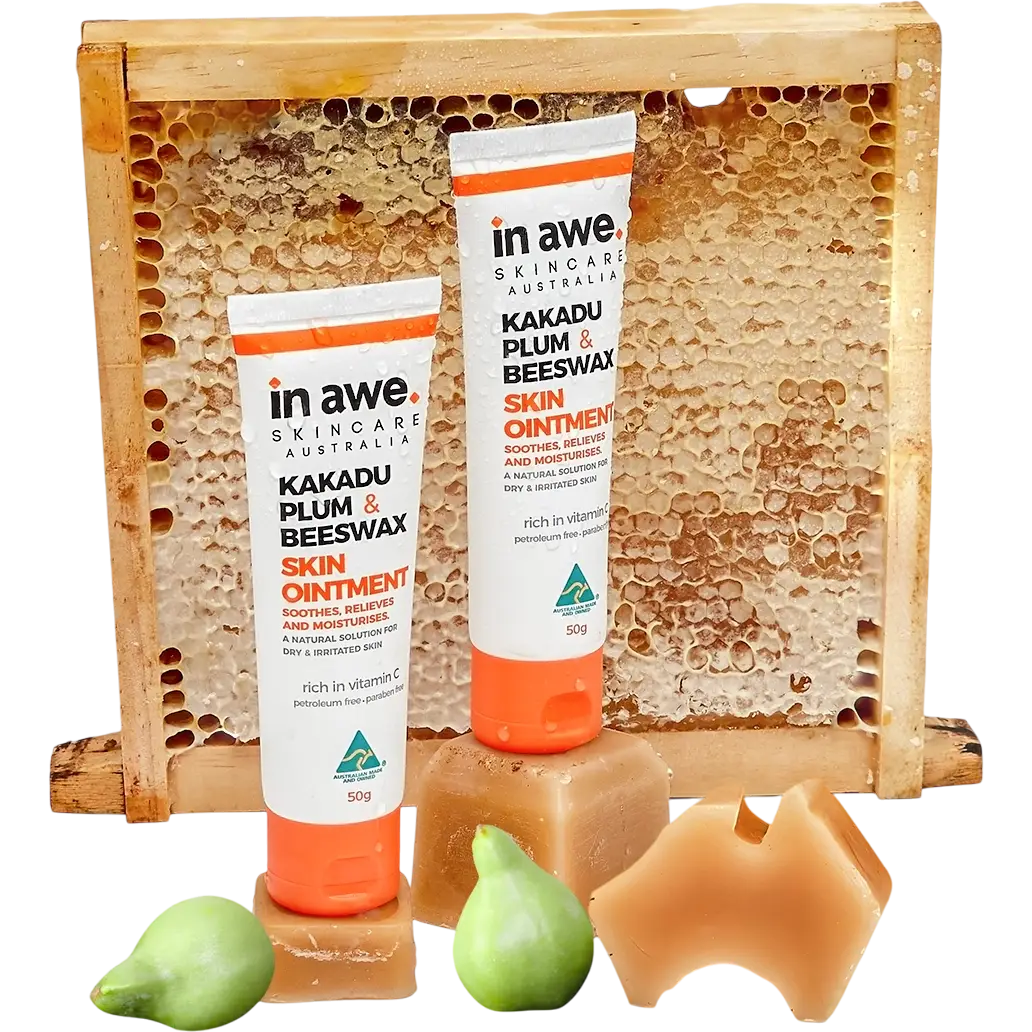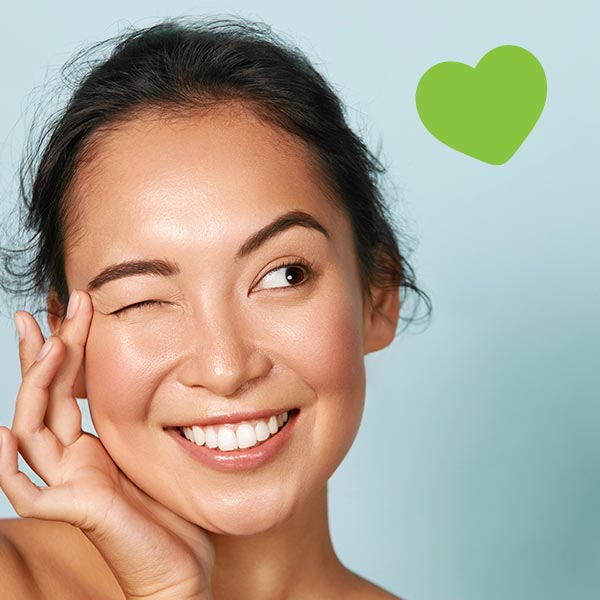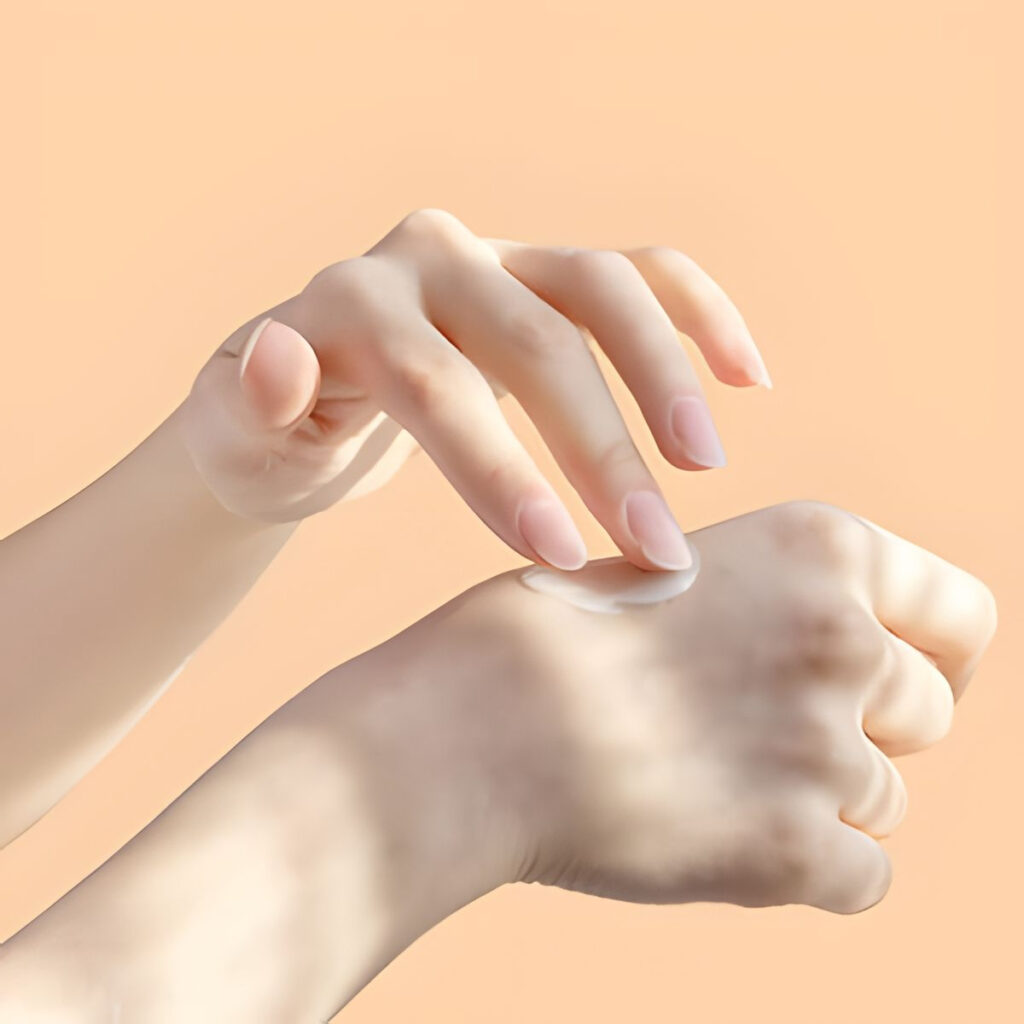
When it comes to choosing the healthiest things to put on or in their bodies, these days, many people don’t just think about what’s in the product; they also factor in what’s not in it – because this can be just as important to our health.
Common things many consumers wish to avoid are preservatives and additives, colourings and fragrances, all of which have the potential to spark allergies.
Parabens are a family of related chemicals (methylparaben, ethylparaben, propylparaben, butylparaben, isobutylparaben) that are regularly used as preservatives and, as such, are embraced by many in the manufacturing of skincare products.
However, parabens are also considered to be endocrine disrupting chemicals (like BPA) which means they could interfere with the normal function of your body’s endocrine system.
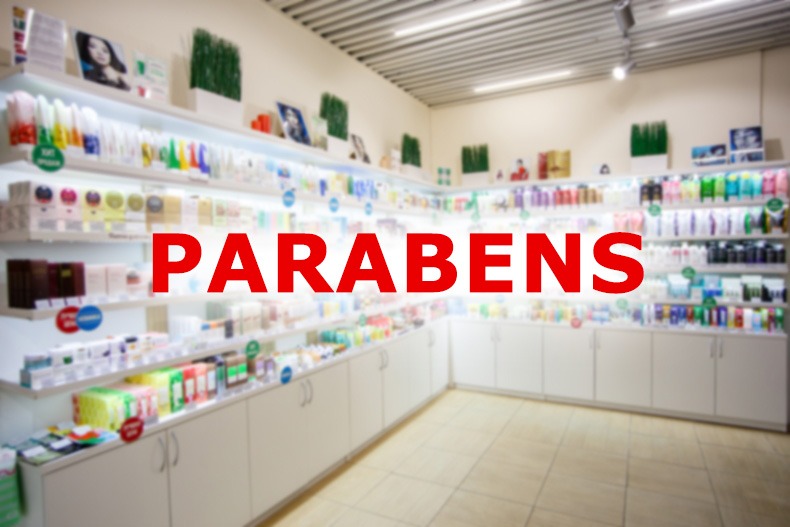
The US Food & Drug Administration states it does not at this time “have information showing that parabens as they are used in cosmetics have an effect on human health”.
However, it says it continues to evaluate new data in the area, including considering “what do published studies show about the possible hazards of parabens, and on the effects of parabens on human health? For example, do experimental findings with various parabens also happen in real life?”
Parabens are easily absorbed by the body and that’s caused some public health advocates to worry about the cumulative impact on our health of using many different products containing these popular preservatives.
As research suggests “the use of personal care products (pharmaceuticals and cosmetics) is the main pathway for the exposure to parabens”, an increasing number of people are now opting for products that are entirely free of them.
Many skincare products also contain petrochemicals, which are derived from the fossil fuel, petroleum, as a way to keep moisture in the skin.
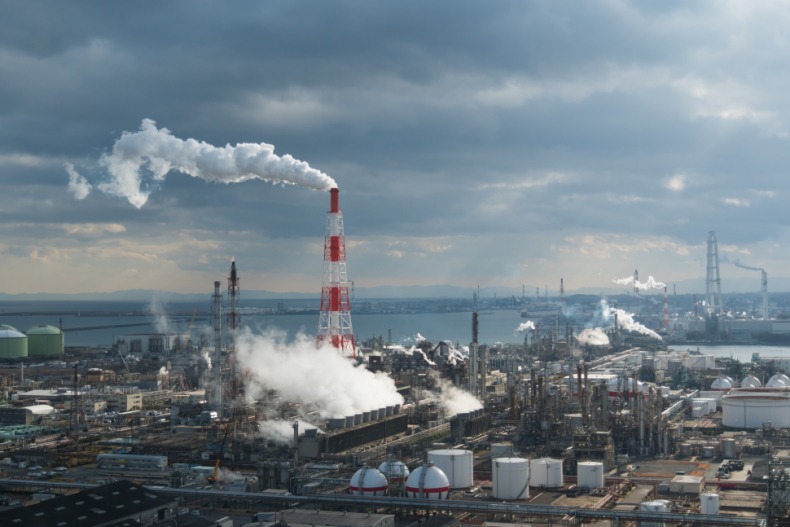
Petrolatum (also called petroleum jelly, mineral oil jelly, paraffin oil etc) is a byproduct of refining petroleum. Kerosene and gasoline are other common petroleum byproducts.
Petrolatum can contain polycyclic aromatic hydrocarbons (PAHs) and exposure to these contaminants may be associated with health concerns.
PAHs are carcinogens and petroleum jelly is highly processed to remove these cancer-causing elements.
The EU has regulations stating that petrolatum is banned from use in cosmetic products, unless the full refining history is known and the substance from which it’s produced is not a carcinogen.
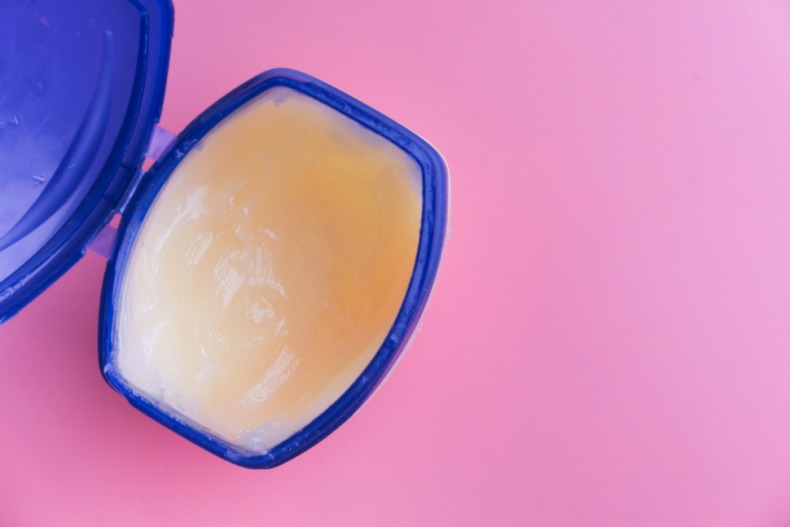
However, some groups, like the Campaign for Safe Cosmetics, remain concerned about how consumers can be sure all petrolatum in personal care products is refined enough to be free from such contamination.
The solution? Many people simply decide to avoid skincare that uses these petroleum byproducts and choose skin ointments, lotions and cosmetics based on plant-based ingredients instead. Check out our blog on the “Benefits of Natural Skincare”.
In Awe’s natural ointments are proudly free of parabens and petrochemicals.
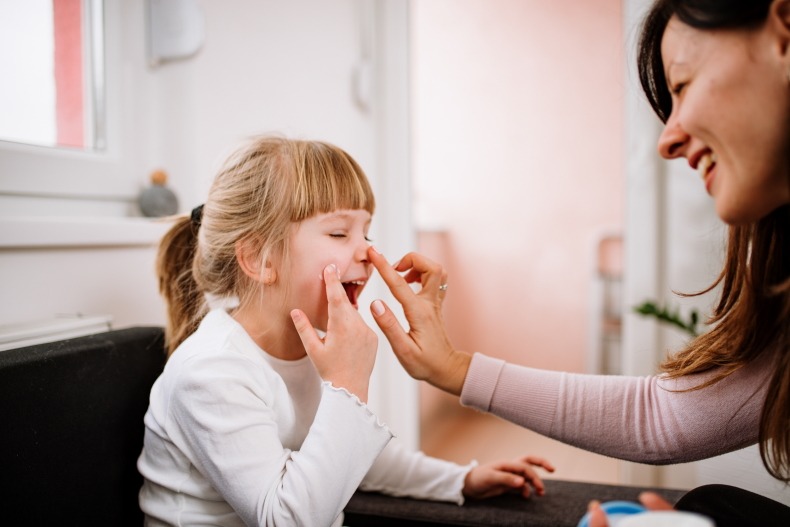
Our products rely on the power of ethically-sourced and harvested Kakadu Plum and beeswax to help nourish the skin and form a protective barrier that keeps it hydrated while aiding the body’s own healing processes and soothing irritation.
References:

